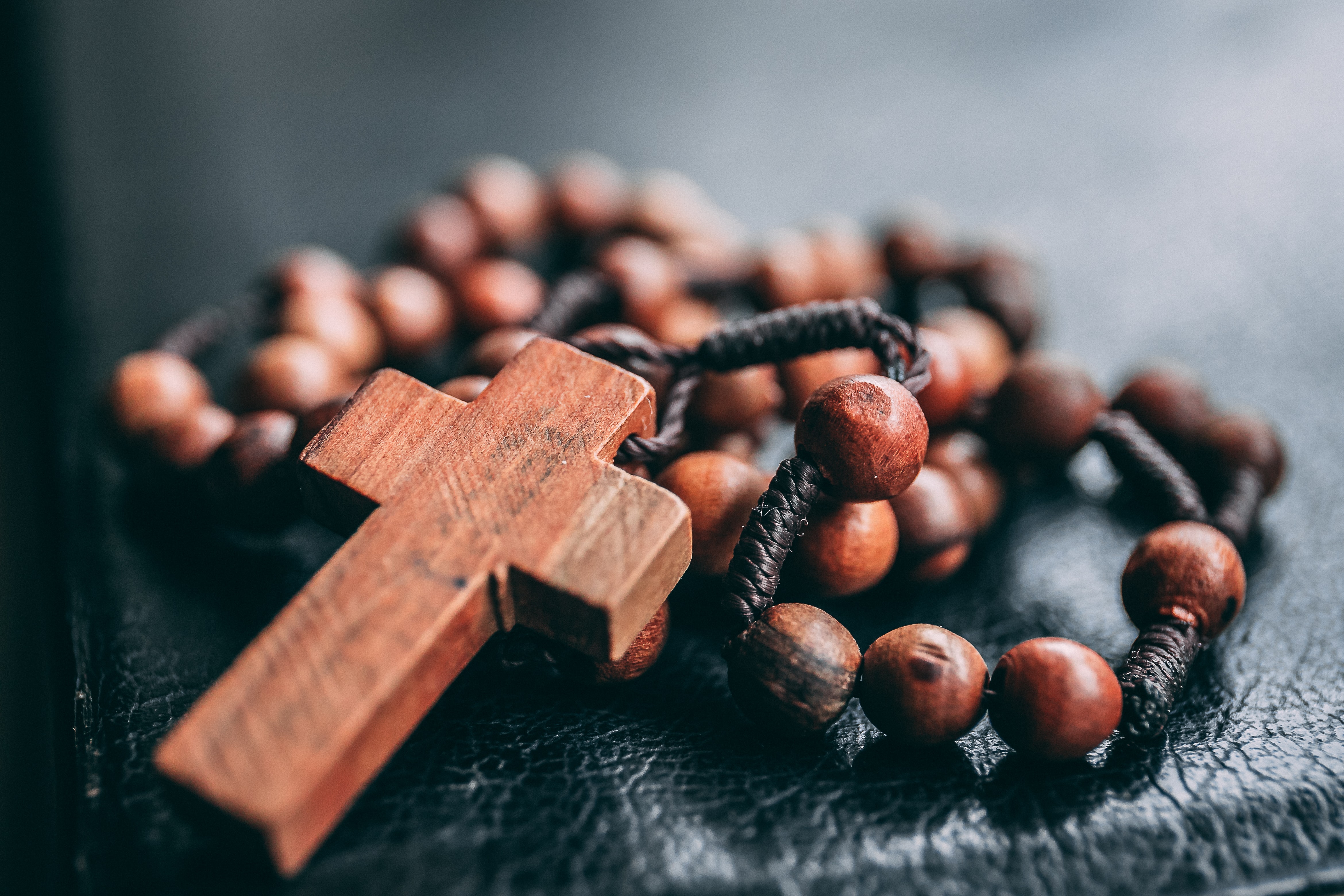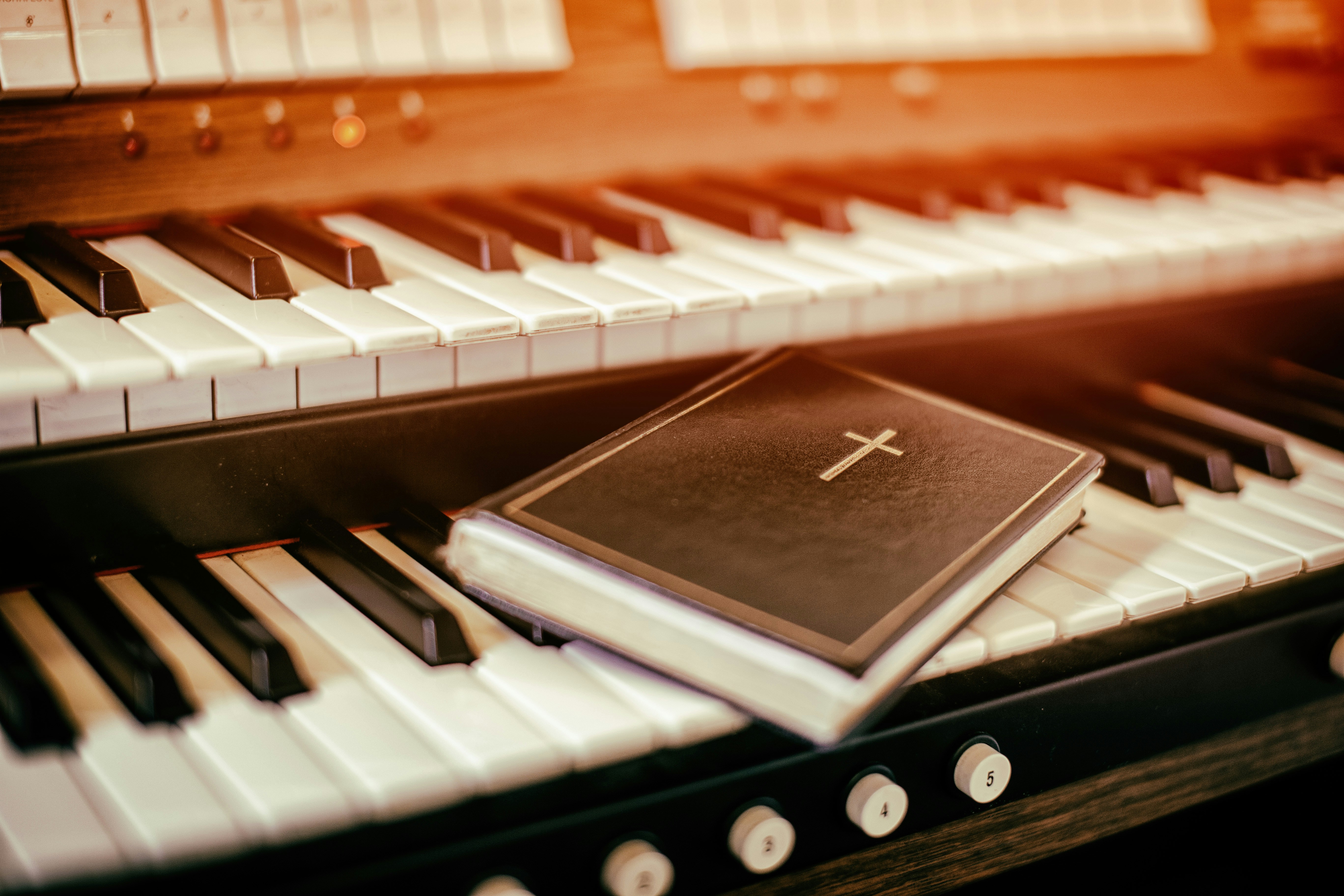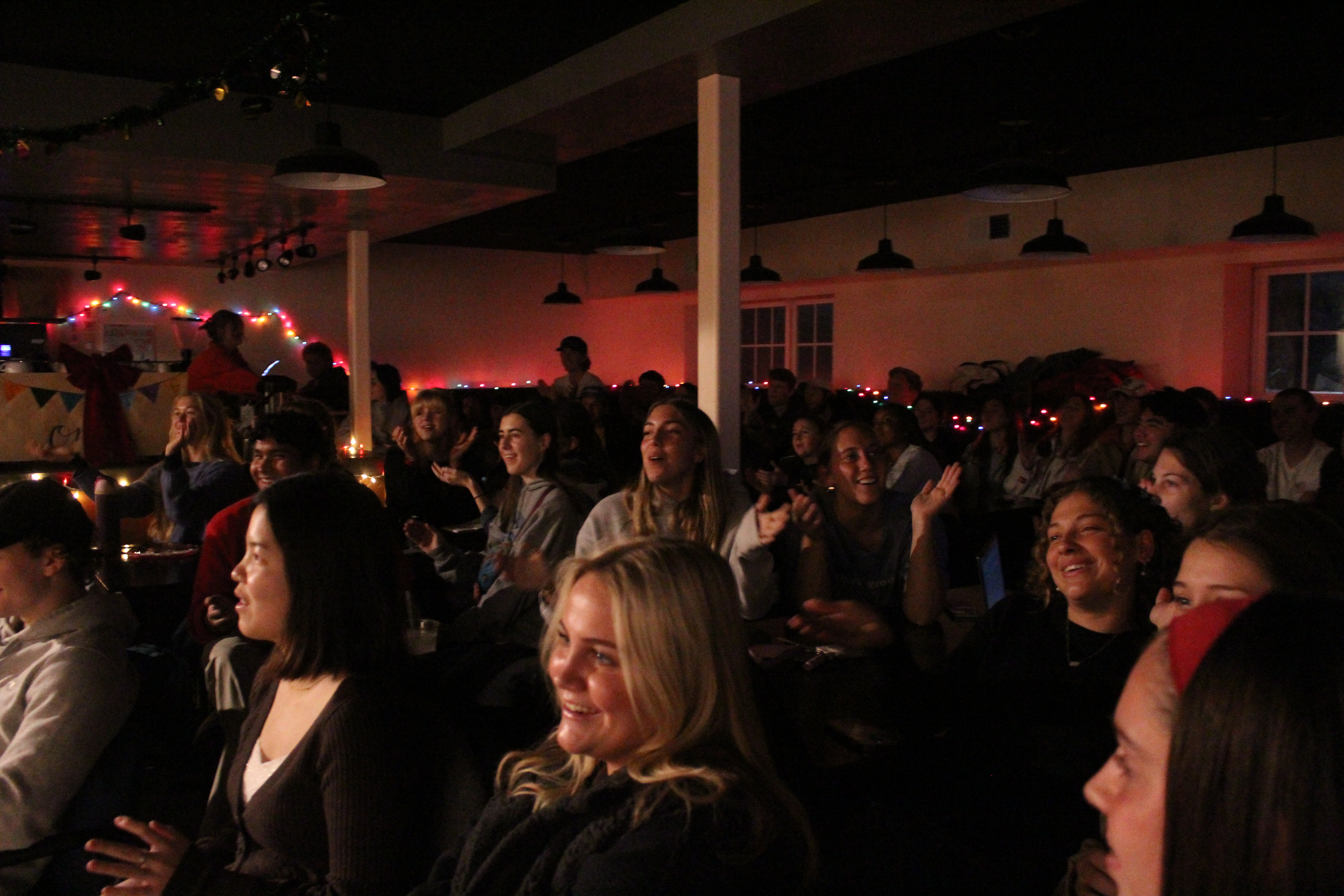![]()
According to the U.S. Department of Education’s Office for Civil Rights, federal laws are currently in place which “prohibit schools, colleges, and universities from discriminating based on race, color, national origin, sex, disability, or age. These laws protect students who are or perceived to be members of a religious group.” While students are not openly protected from religious discrimination in Title VI laws, measures are still taken to safeguard students who are members of a religious minority. This protection extends even to religious minorities at openly religiously affiliated colleges, including John Brown University. The institution acknowledges this in the Student Handbook, but unapologetically holds to its faith-informed code of conduct: “In describing the university standard, JBU recognizes that its students are emerging adults and must have ample opportunity to make decisions, which will aid their development and growth. At the same time, JBU has a distinctive Christian nature and has certain standards that identify JBU as a Christian community.”
Tracy Balzer, Director of Christian Formation at JBU, willingly illustrated the specifics of how the university navigates this dichotomy. “Even though students are not required to be Christians here, the vast majority do claim to be people of faith. Our primary responsibility in the Office of Christian Formation is to help create an environment where Christian faith and formation in Christlikeness can flourish. So everything we do will be with that objective in mind. At the same time, we are aware that each person on campus is in the midst of their own unique faith journey. Studies show that the ages of 18-22 are particularly vulnerable to spiritual growth, as well as spiritual questioning and even doubt. What we hope to do is help build a culture here on campus that assures everyone that no matter where they are in their faith journey, they and their questions are welcome here. A place like JBU should be exactly where young adults will feel they can grow in faith without compulsion and ask difficult questions without shame.”
Regarding denominational diversity on campus, Balzer added, “This is where having a professional staff is very helpful, for we all hail from different Christian traditions. We also lean on our student ministry leaders and worship leaders to help us remain mindful of the diversity we see on campus. Chapel is where this would be most visible, so we carefully consider invitations to external speakers and we try to insert different musical styles and languages in an effort to celebrate faith in all its multi-faceted expressions. Whatever we do, we make every effort to stay true to orthodox, biblical doctrine as expressed in JBU’s Statement of Faith.”
Overall, according to Dr. Keith Jagger, Dean of Student Formation and the current Chaplain of JBU, “We long for students to launch from JBU set on a lifelong, all-consuming pursuit of discipleship to Jesus. And we aim for students launch out from JBU with a deep confidence in the Christian scriptures. We recognize this part of our mission may be uncomfortable for some students, and we want to shepherd all students well through life at JBU. Sometimes this means (and we try and do this well) simple acknowledgment that not everybody is a Christian or a passionate Christian. Other times this means listening well and helping people articulate what it is that makes them uncomfortable. Other times this means giving good instructions on coursework or requirements that deal with the faith aspects of our mission. We tend not to apologize for being devoted to Jesus, and if we are following Jesus’s way this will always involve free invitation and a respect of human will, as well as recognizing that God is at work in each human heart. We are fishers of people, but we also have a deep reverence for all human dignity.” Yet, just how respected, included, and acknowledged do students in religious minorities at JBU feel?
Freshman Mechanical Enginering major Ahmed Abess holds the exclusive title of the only Muslim student on campus. When asked about his experience at John Brown, he said, “For the most part I feel like there is a sense of respect towards my religious stance. I know JBU is a Christian school, and from what I’ve seen they are really welcoming to students of different beliefs/religions. The only thing I think should improve is people keeping an open mind and being willing to look at the different points of view. For me, I go to Chapel or class, and I don’t see it as a waste of time since it’s not my religion that is talked about. Instead, I see it as learning opportunity. Even though it might not change my belief, it gives me a different view of another religion.”
Emma Krown is a senior double majoring in Family and Human Services and History. She currently hesitates to use the label “Christian” to describe her religious stance, despite coming to the university as an active member of the church. “When I was 17, I decided to come to JBU, and I regret it more and more every semester. At 17, I thought JBU would be this beautiful place of community and getting to closer to God. Chapel is one of the reasons I’ve turned from faith. Chapel is written to heteronormative, cis-gender white kids who want to be missionaries. My peers who claim to love their neighbors are homophobic, racist, and seem to only care about protecting their own privilege. Obviously, there is nuance and I have met some lovely humans, but most of the interactions here have made me question what makes Christians so different from everyone else. I know a lot more faithless people who are doing more good than Christians at this point.”
Krown expressed concern regarding the reactions of both students and faculty toward her religious beliefs. “I don’t think my personal religious stance is respected by the university, but I do think certain faculty and staff respect my beliefs. The overall feeling of campus is if you aren’t Christian then you become a mission project. You become an object that people feel the need to change instead of having relationship with you. I think Jesus was relationally focused, but I think JBU is focused on how many people are saved, they pick quantity over quality. I have asked professors to not let me write from a Christian perspective because I don’t want to feel like an imposter and some of have done a great job of shifting assignments and some have not.” Relating to what she thinks should change, she said, “I understand it’s a Christian university so people think chapel needs to be mandated but I don’t think it does, especially when so many people have been hurt by it. Professors also have to integrate faith into their classes so making all professors make those assignments optional.”
Oscar Lopez is a senior Vocal Performance major and a proud member of the Catholic church. Upon being asked whether he felt his religious stance was respected by the University, he said, “I think it is respected. But instead of respected, I’d like to say neutral. It’s neither against, and neither for. When I started becoming confident in saying I was Catholic, it was when I met other students that were Catholic themselves. Before, I personally didn’t like speaking or even mentioning in class that I was Catholic, just because it was always a separate thing. Protestants do this, and then Catholics do this. It was always the opposite. If I were to say I was Catholic, it would be like I was going against the majority that was present. So, like I said, I didn’t say I was Catholic until I met other Catholic folks. And then, I didn’t care.” He did not feel that there was anything the University needed to change or improve to make the environment more welcoming or inclusive to students belonging to religious minorities.
Christian students hold a variety of perspectives on how their university responds to religious minorities on campus. According to sophomore Art and Illustration major Nick Cox, “I personally appreciate how they handle it. I think it’s not suffocating for those who aren’t Christian and it fosters students of all denominations to come together and unite through God.” Senior Integrated Music Studies major Charli McIlrath said, “It’s not a secret that JBU is a Christian school. Don’t get upset when they ask you to follow Christian rules. You know what you signed up for.”
In sum, the religious minority experience at John Brown University and its subsequent perspectives are far from monolithic. Each party involved, whether administration, students within these groups, or those in the religious majority, express varying thoughts on the issue at hand. Clearly the University has done well for many of these students, but as to whether they will compensate for those who feel disregarded, only time will tell.
Photo thanks to James Coleman at Unsplash





